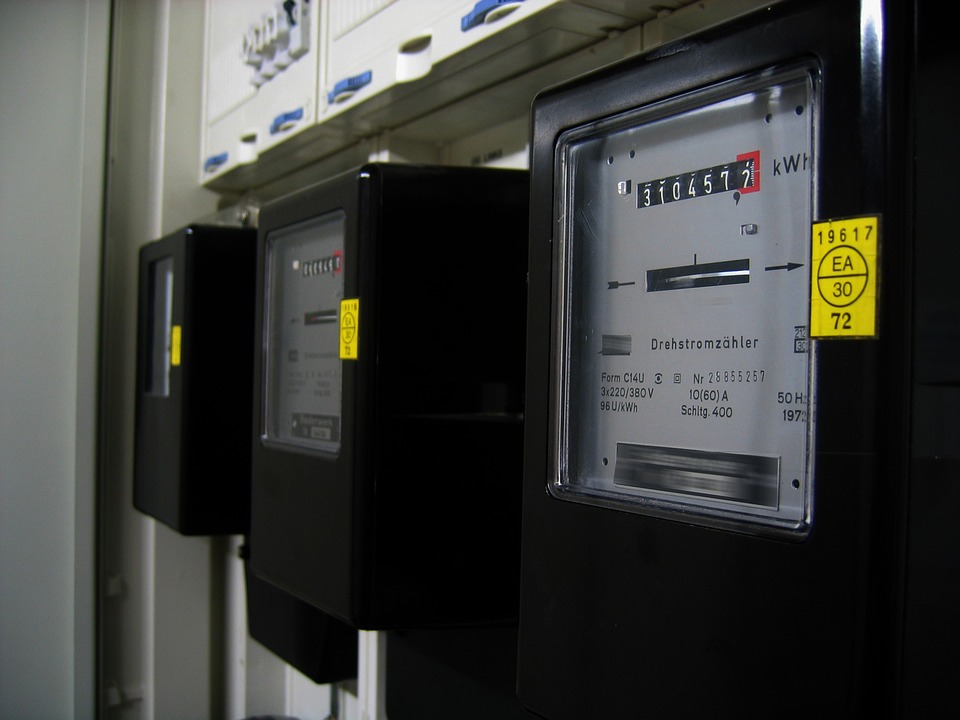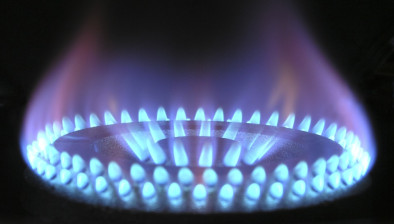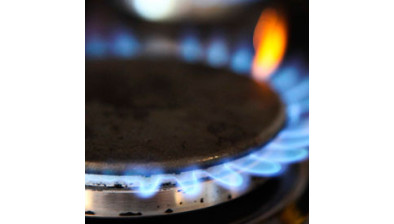Energy price cap to rise by 0.2% from January

Households will see a rise in gas and electricity prices after regulator Ofgem outlined its next price cap.
The 0.2% increase from the current cap, which takes effect at the start of January, follows a rise of 2% in October.
The change amounts to a small increase of around 28 pence a month for the average dual fuel household. Year on year when adjusted for inflation the new cap is 2% or £37 lower than the same period in 2025.
The price cap refers to the default tariff applied when a customer is not on a fixed-rate tariff. It sets a maximum rate per unit and standing charge that can be billed to customers for their energy use.
For an average household paying by Direct Debit for gas and electricity, the overall bill will be £1,758 per year.
Tim Jarvis, director general, markets, at Ofgem, said: “While energy prices have fallen in real terms over the past two years, we know people may not be feeling it in their pockets.
“The price cap helps protect households from overpaying for energy. But it’s only a safety net and there are practical ways that customers can pay less for their energy.
“Look at different tariffs and choose what’s right for you or change the way you pay to Direct Debit or smart pay-as-you-go. Prepayment remains the cheapest way to pay, and these customers are already saving around £47 on average.
“While wholesale energy costs are stabilising, they still make up the largest portion of our bills which leaves us open to volatile prices. That’s why we’re working with government and industry to boost clean energy and reduce our reliance on international sources we can’t control.”
Citizens Advice Scotland (CAS) has said the latest rise is no help to people who are in crisis with their energy bills.
CAS director of impact David Hilferty said: “Today’s announcement from Ofgem offers no relief as winter starts to bite. And it’s a stark reminder that the price cap is failing to protect people from energy costs that are still well above pre-crisis levels.
“Our latest evidence shows that unaffordable energy bills are entrenching harm in communities across Scotland. Over the summer, even with the warmer weather, the average energy debt brought to the Citizens Advice network was over £2,300.
“That means people trapped in debt just to live - to have warmth, light and hot food on the table. The essentials that all of us should have.
“The energy system is broken and needs major reform – and urgently. We can’t go on tinkering with small adjustments to a dire situation that has been going on too long.
“Next week’s Budget is an opportunity for bold and far-reaching solutions that meet the scale of the crisis. This means lasting measures like a robust debt write-off scheme and an affordable social tariff that keeps bills down now and into the future.”
Consumer Scotland head of energy markets Barry Coughlan said: “Energy bills continue to be high and this increase comes at a time when many households and businesses are already coping with a range of budgetary pressures and as we approach the coldest months of the year.
“Affordability and debt remain significant challenges for many households and it is crucial that energy companies, the regulator and governments do all they can to support customers struggling with their bills.
“Consumer Scotland has supported Ofgem’s development of a Debt Relief Scheme that is fair, appropriate and meets the needs of consumers.
“However, we have previously recommended that the UK and Scottish governments take action to provide more targeted affordability support for those consumers who need it the most as quickly as possible, and this remains a key priority.”
Jillian Edmund, energy project lead at Advice Direct Scotland, said: “The New Year’s Day price cap rise means that the level will remain stubbornly high over winter, and there is no respite on the horizon with another increase forecast for April.
“Thousands of struggling Scottish households are spending hundreds of pounds per year more than before the energy crisis hit, at the same time as battling other rising living costs.
“With Christmas approaching, people’s budgets are being stretched to the limit, so we would welcome anything the Chancellor can do in next week’s budget to address this.
“Over the longer term, we would like to see the introduction of a social energy tariff, which could give the most vulnerable people access to the cheapest deals.
“For now, customers can take practical action by examining their bills, finding out how much they are paying, and checking if there are cheaper options available with other suppliers.”







